The word “fertility” cross our minds as compost or chemicals, but do you believe that some plants are capable of bettering the soil quality? Many of which contain a large amount of nitrogen, organic matter, and nutritious materials for soil.
Moreover, these can be grown in both indoor and outdoor environments. So are you excited to get acquainted with these natural and eco-friendly fertilizers? We’re here to bring these fertilizer plants to light for you.
In this article, we’ve divided natural fertilizers into 3 types: Nutrient-dense plants, Leguminous crops, and Non-leguminous crops. These different types have distinct characteristics but they have one thing in common: Increase nitrogen fixation and improve the ecology in your garden.
I. Nutrient-dense Plants
#1. Comfrey
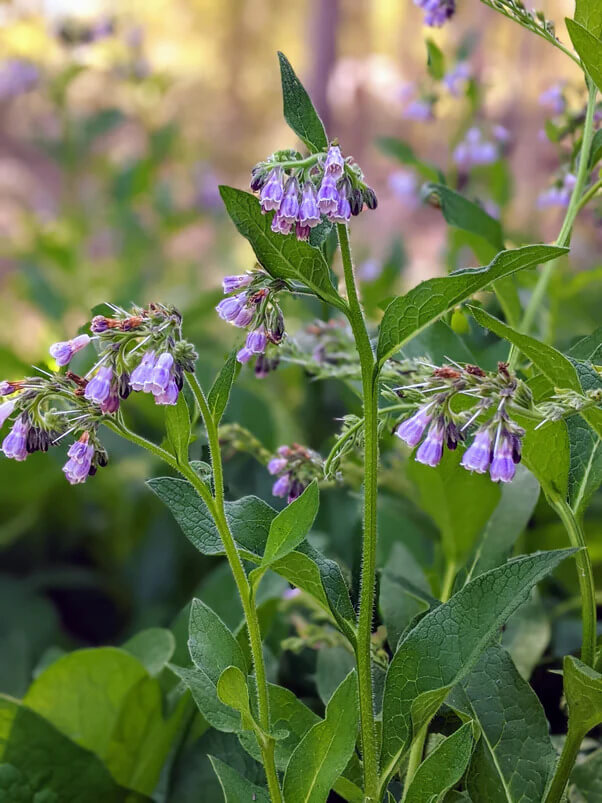 Source: Mudbrick Herb Cottage
Source: Mudbrick Herb Cottage
How To Use:
- Simply plant it in the ground, it grows fast and spreads fast. Its roots can extend to 10 feet down, so the plant could reach mine minerals which help enrich the soil
- Its leaves are highly nitrogenous. You can brew them into a compost tea, then lay it on the surface of other plant’s beds
#2. Nettles
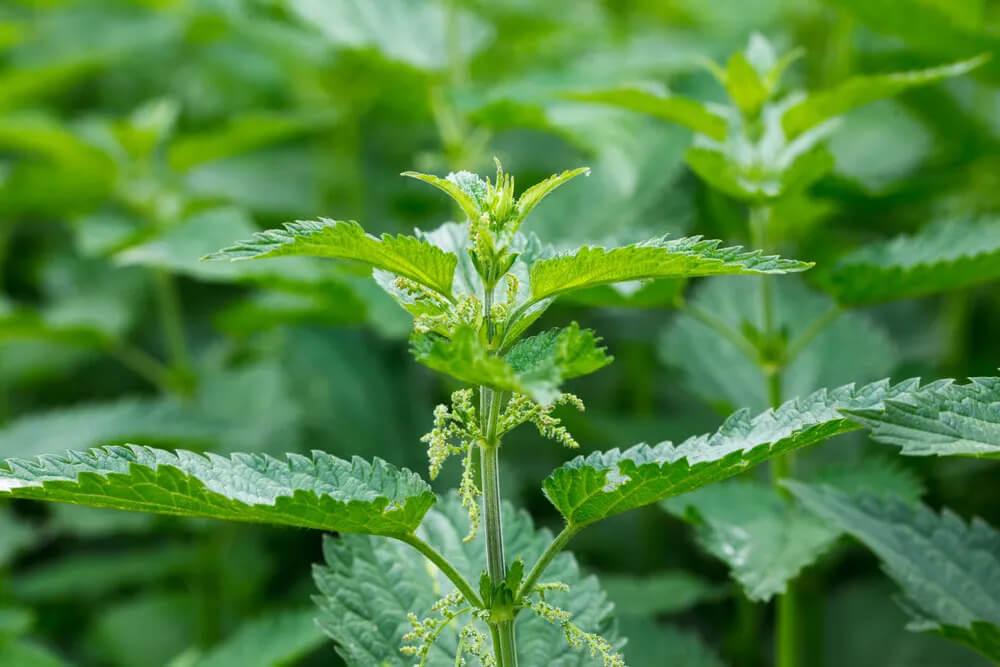 Source: Encyclopedia Britannica
Source: Encyclopedia Britannica
How To Use:
- Its desirable properties make it one of the best implements for the compost pile
- You can combine greens of comfrey and nettles together to make a highly beneficial compost tea, then dilute it with water and ready to apply it directly to the base of plants that are hungry
II. Leguminous Crops
#3. Red Clover (Trifolium Pratense)
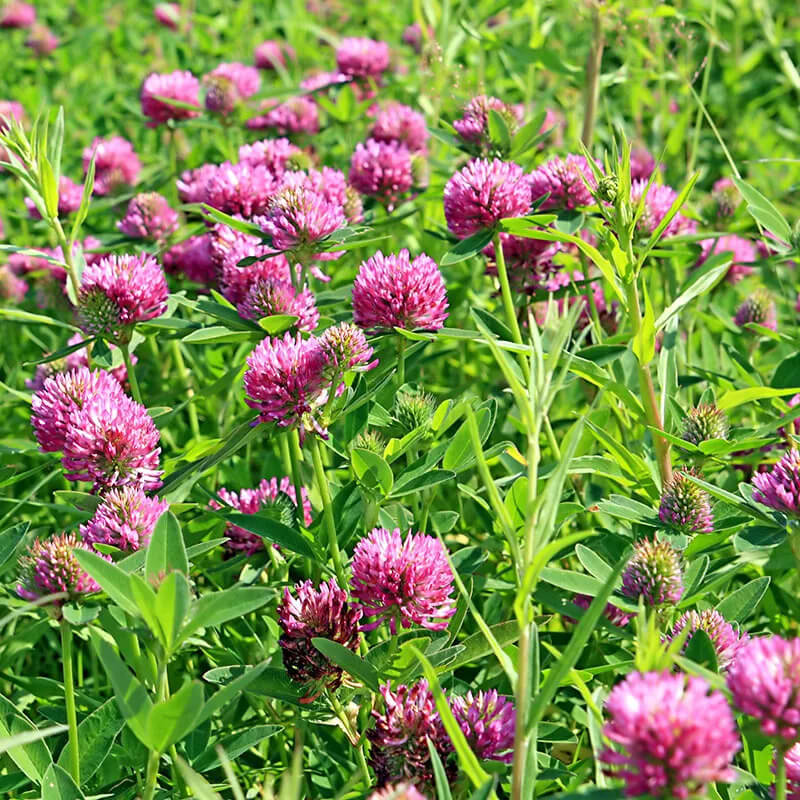 Source: American Meadows
Source: American Meadows
How To Use:
- It produces a whole lot of mass and keeps nitrogen and phosphorous very well.
- It performs the weed control ability and is perfect green manure when you sow it in spring or fall, especially around the perennials like asparagus
#4. White Clover (Trifolium Repens)
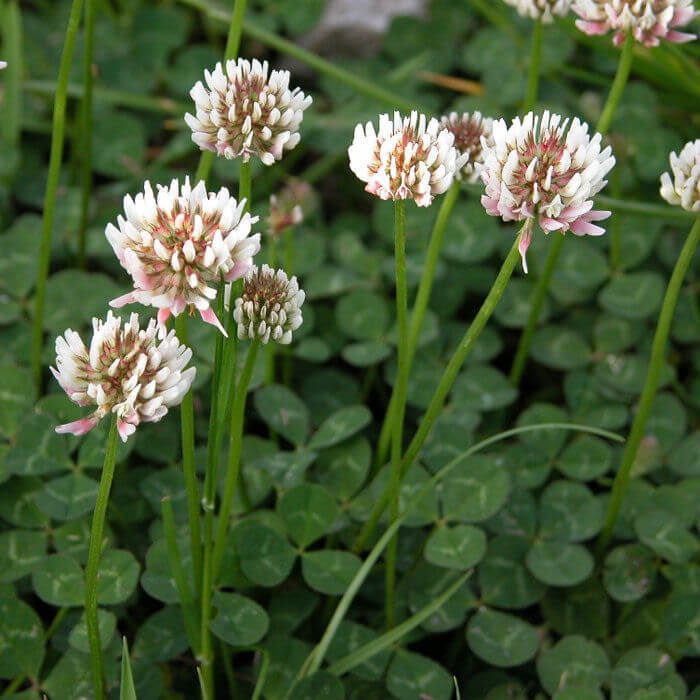 Source: The Lawn Man
Source: The Lawn Man
How To Use: Its readiness to live around other crops and perennials happily and an excellent living mulch make it a loving perennial to grow in the spring or late-summer
#5. Crimson Clover (Trifolium Incarnatum)
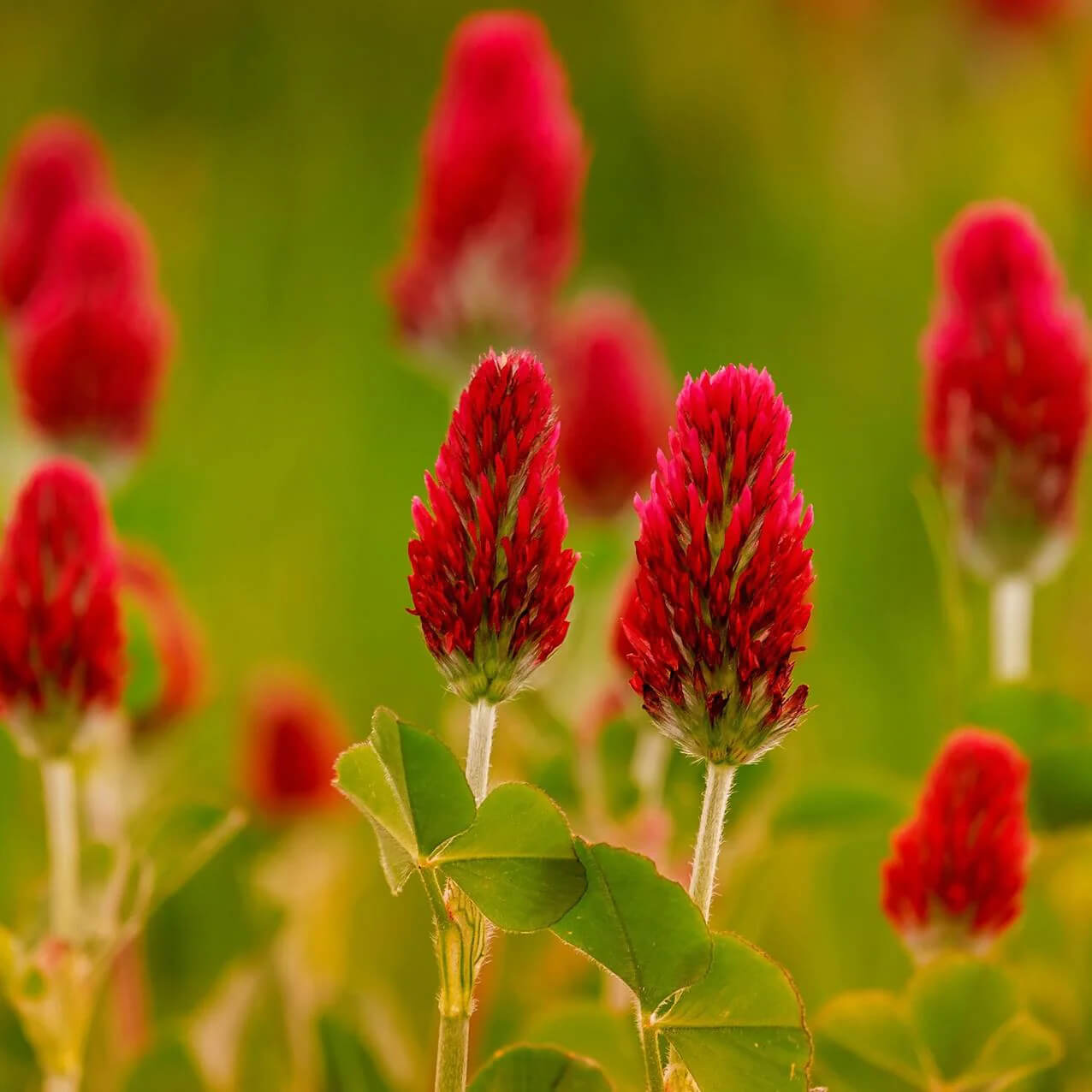 Source: John Boy Farms
Source: John Boy Farms
How To Use:
- It is high in the amount of organic matter and creates happy ground cover making it one of the greatest annual legumes
- Its root is dense so the root’s branches hold soil and help break up compaction
#6. Vetch
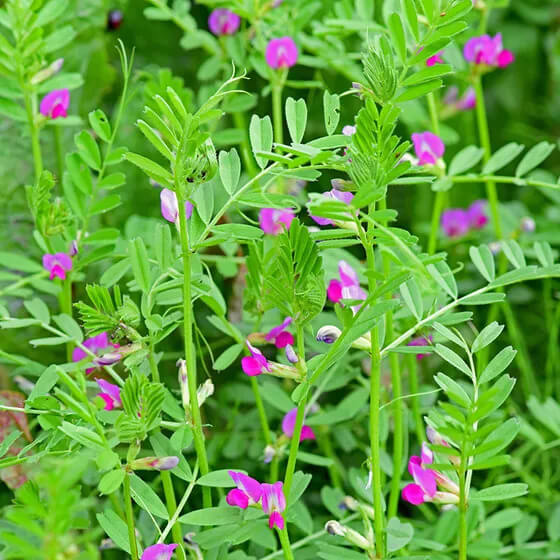 Source: American Meadows
Source: American Meadows
How To Use:
- You should sow it in the fall and then put it in the soil in the spring
- Rye is its best companion plant. When they’re together, they capture nitrogen better
#7. Peas
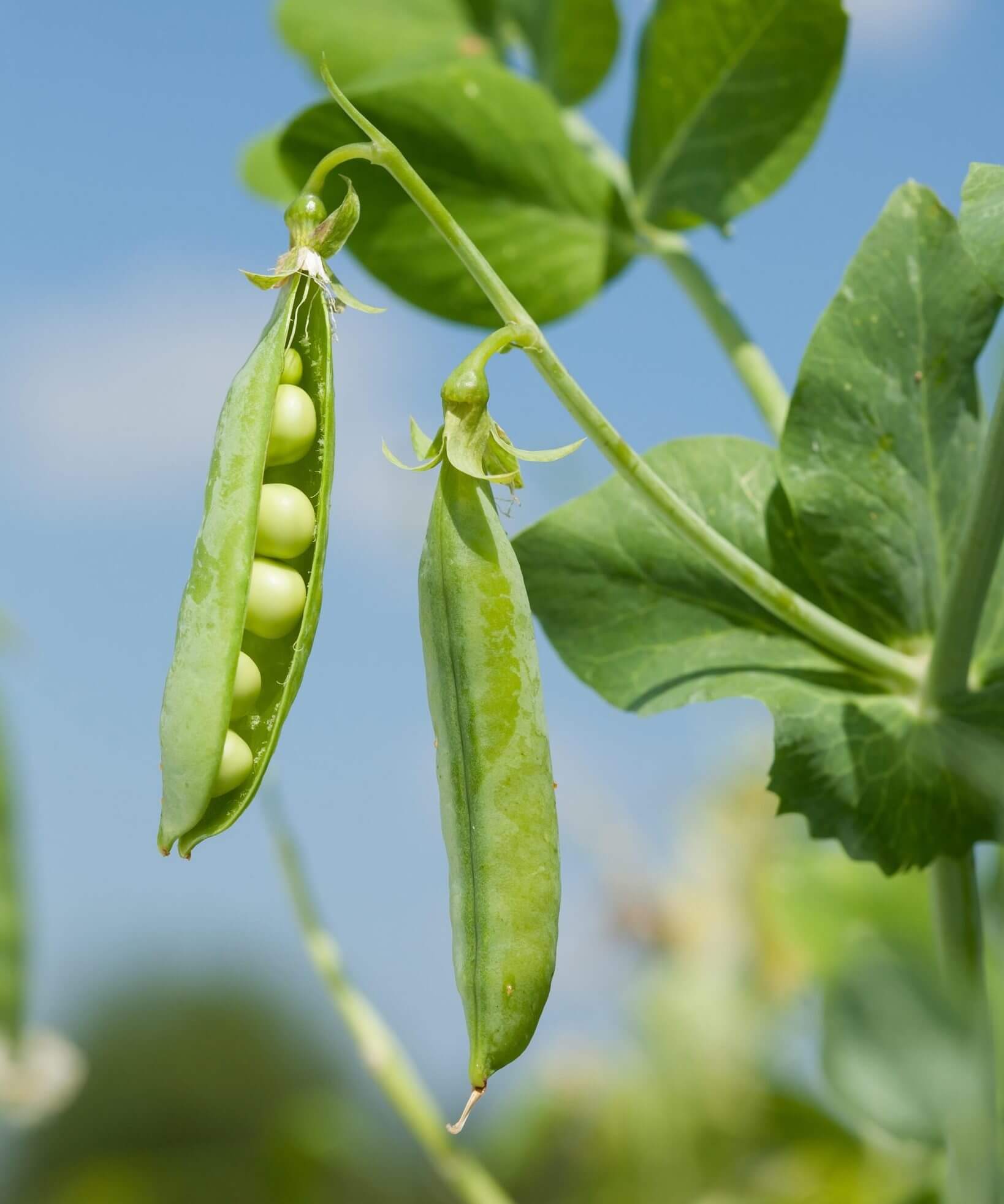 Source: Country Life
Source: Country Life
How To Use:
- It gets a whole lot of nitrogen and produces enough organic matter for the plants to grow. Sow it in the spring or fall in mild regions
- It’s a great partner for tomatoes, onions, cucurbits, and celery but not another legume
III. Non-leguminous Crops
#8. Oats
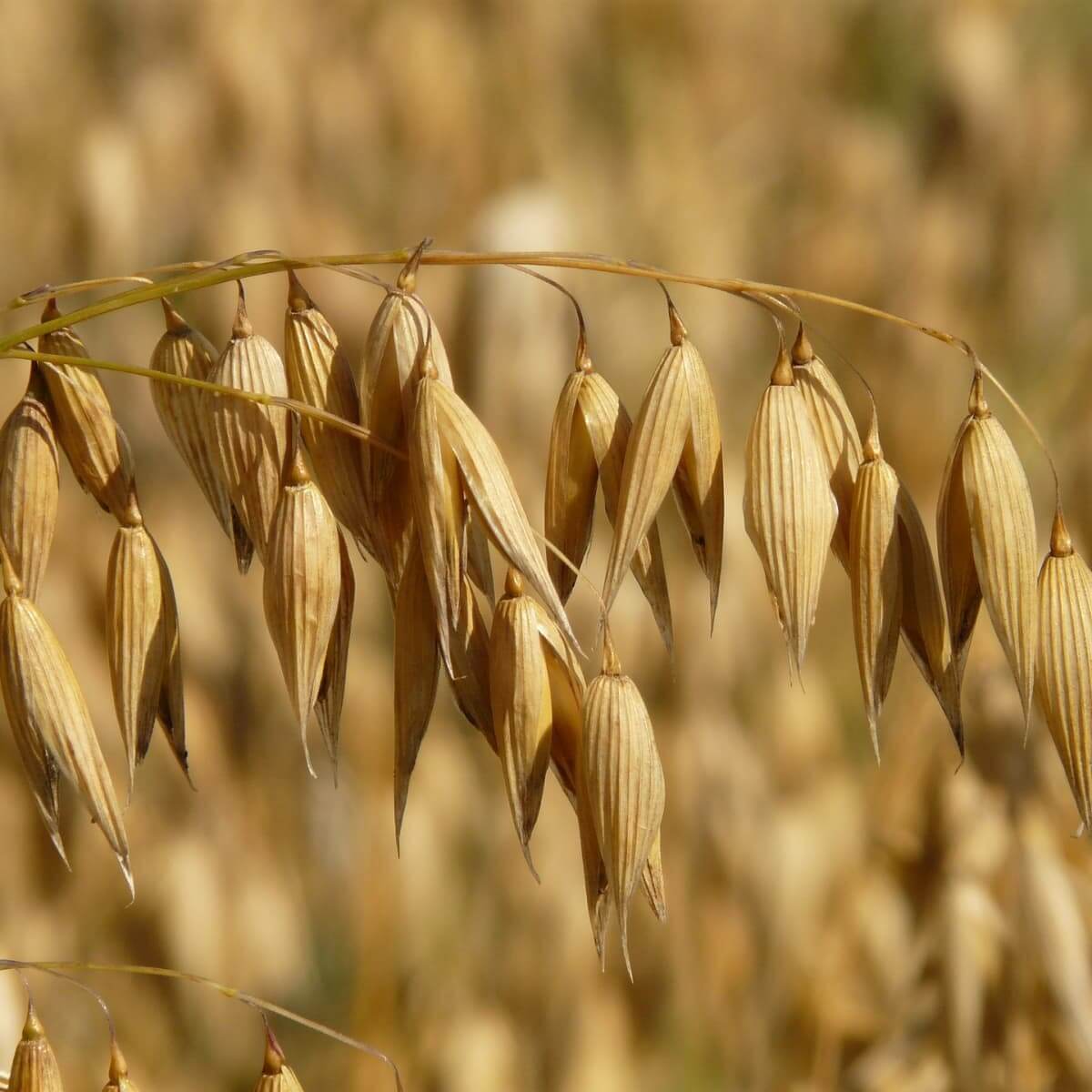 Source: Owlcation
Source: Owlcation
How To Use:
- Sown in the fall, this crop spreads quickly and soon becomes an impenetrable mat against weeds.
- Plant it with garlic so that the weeds will be wiped out. It also produces mulch for the garlic to grow.
#9. Cereal Rye
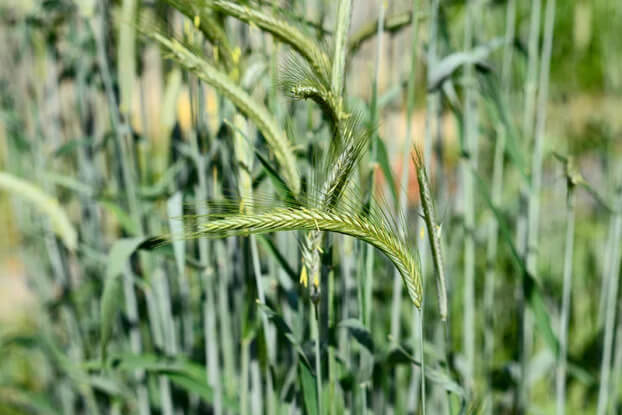 Source: Nature’s Seed
Source: Nature’s Seed
How To Use:
- This fast-growing, winter-hardy crop is proficient at holding soil and rehabilitating nutrients
- It can not be grown with corn as it’s allelopathic to weeds and other grasses
#10. Sudangrass
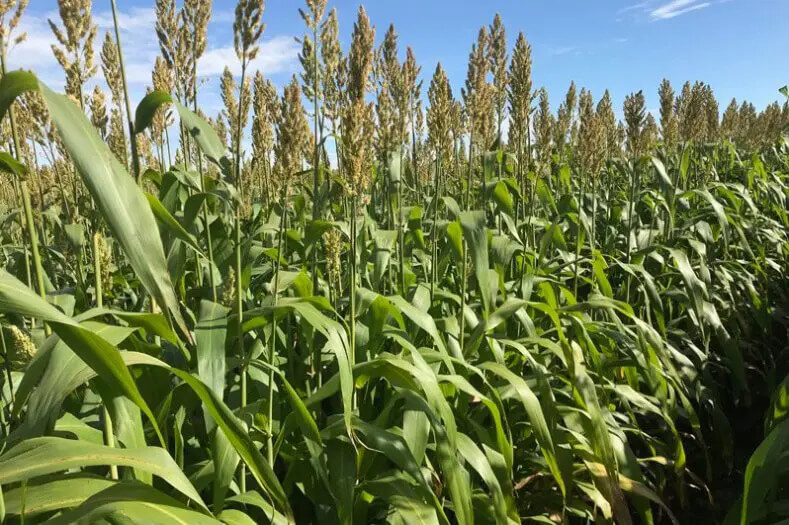 Source: Millborn Seeds
Source: Millborn Seeds
How To Use:
- Its fast-growing and its ability to produce ample organic matter make it an excellent crop
- You can sow it with legumes for the best result
#11. Buckwheat
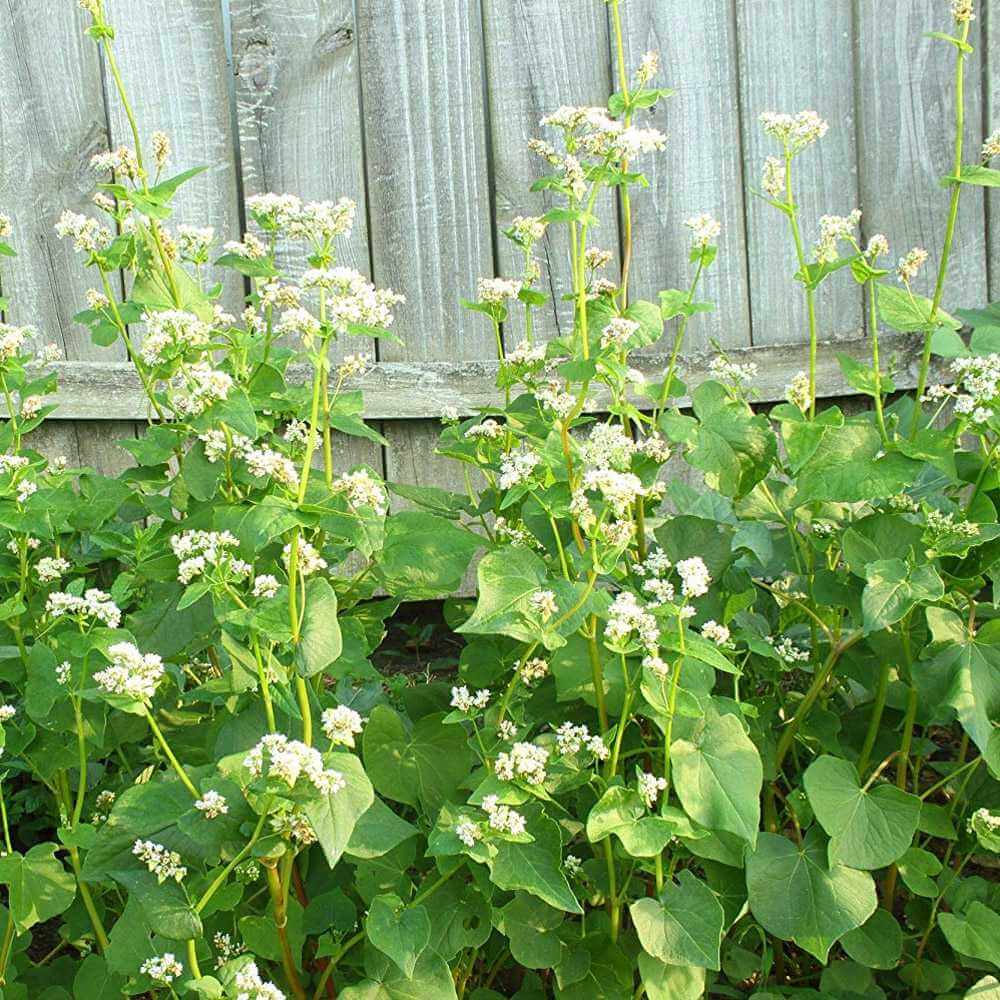 Source: Outside Pride
Source: Outside Pride
How To Use:
- It’s one of the fast-growing and can defeat almost any summer weed
- Its blossoms attract beneficial insects to pollinate your garden and therefore increase the soil’s fertility
#12. Alfalfa
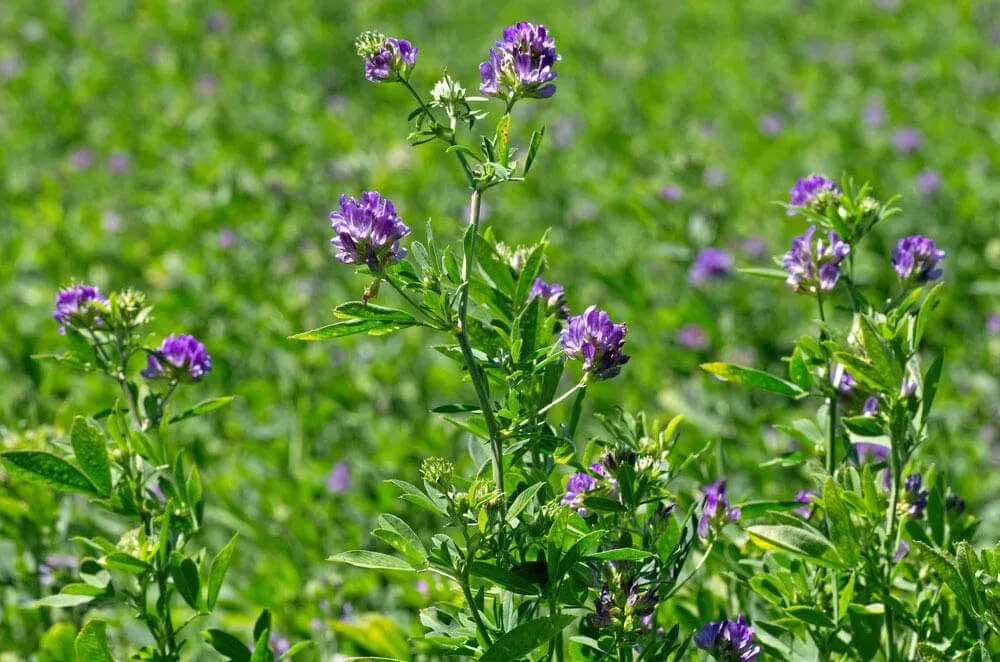 Source: Encyclopedia Britannica
Source: Encyclopedia Britannica
How To Use:
- Considered to be a high-protein feed for the garden, thus a good source of fertility
- Cut it to dry, compost and then spread across the garden so that the soil microbes can enjoy
